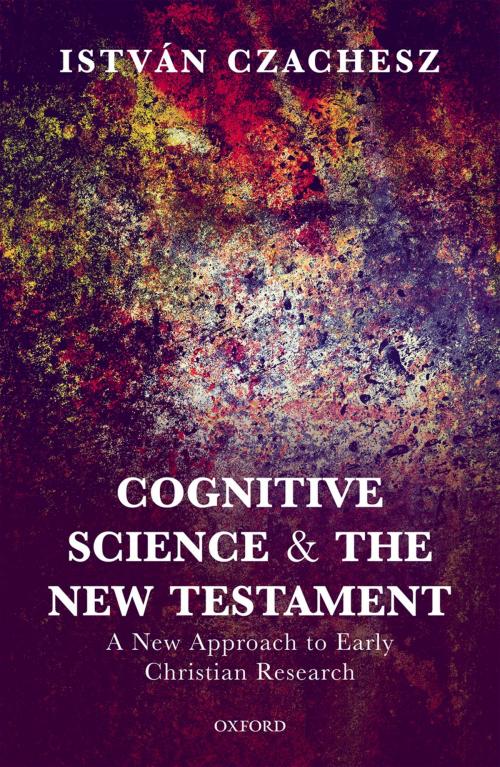Cognitive Science and the New Testament
A New Approach to Early Christian Research
Nonfiction, Science & Nature, Science, Health & Well Being, Psychology, Religion & Spirituality| Author: | István Czachesz | ISBN: | 9780191085420 |
| Publisher: | OUP Oxford | Publication: | December 22, 2016 |
| Imprint: | OUP Oxford | Language: | English |
| Author: | István Czachesz |
| ISBN: | 9780191085420 |
| Publisher: | OUP Oxford |
| Publication: | December 22, 2016 |
| Imprint: | OUP Oxford |
| Language: | English |
Over the last few decades, our knowledge of how the human mind and brain works increased dramatically. The field of cognitive science enables us to understand religious traditions, rituals, and visionary experiences in novel ways. This has implications for the study of the New Testament and early Christianity. How people in the ancient Mediterranean world remembered sayings and stories, what they experienced when participating in rituals, how they thought about magic and miracle, and how they felt and reasoned about moral questions—all of that can be now better understood with the help of insights from cognitive science. István Czachesz argues that the field of New Testament Studies witnesses the beginning of a cognitive turn. He surveys relevant developments in the Cognitive Science of Religion and explores the field of cognitive and behavioral sciences in search of opportunities of gaining new insights about biblical materials. Czachesz presents some methodological tools and initial steps, together with a large number of examples of applying the cognitive approach to the New Testament and related ancient literature.
Over the last few decades, our knowledge of how the human mind and brain works increased dramatically. The field of cognitive science enables us to understand religious traditions, rituals, and visionary experiences in novel ways. This has implications for the study of the New Testament and early Christianity. How people in the ancient Mediterranean world remembered sayings and stories, what they experienced when participating in rituals, how they thought about magic and miracle, and how they felt and reasoned about moral questions—all of that can be now better understood with the help of insights from cognitive science. István Czachesz argues that the field of New Testament Studies witnesses the beginning of a cognitive turn. He surveys relevant developments in the Cognitive Science of Religion and explores the field of cognitive and behavioral sciences in search of opportunities of gaining new insights about biblical materials. Czachesz presents some methodological tools and initial steps, together with a large number of examples of applying the cognitive approach to the New Testament and related ancient literature.















